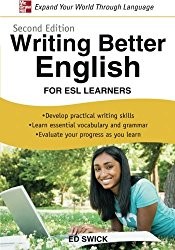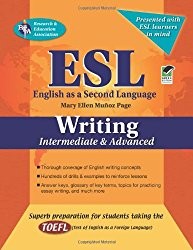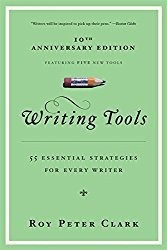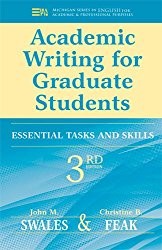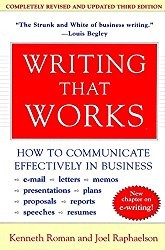
WORDS and PREPOSITIONS
by
Stephen Lau
by
Stephen Lau


Stephen Lau's
most recent publication
most recent publication

English Words and Phrases
Frequently Confused and Misused
by
Stephen Lau
Words are neither effective nor ineffective; they just impart different meanings to the sentences in which they are used. It is the writer's effective use of words and phrases that makes sentences effective or ineffective.
The English language is made up of nearly a million words and phrases. A writer, especially one whose English is not his or her first language, may face two major problems in writing: not knowing "enough" words; and not knowing how to choose the “right" words.
Writing is made up of words. Effective writing requires having a good stock of vocabulary, as well as selecting the most suitable words and phrases to express the intended ideas.
Frequently Confused and Misused
by
Stephen Lau
Words are neither effective nor ineffective; they just impart different meanings to the sentences in which they are used. It is the writer's effective use of words and phrases that makes sentences effective or ineffective.
The English language is made up of nearly a million words and phrases. A writer, especially one whose English is not his or her first language, may face two major problems in writing: not knowing "enough" words; and not knowing how to choose the “right" words.
Writing is made up of words. Effective writing requires having a good stock of vocabulary, as well as selecting the most suitable words and phrases to express the intended ideas.
There are many English words and phrases that are frequently confused and misused by ESL learners. This book provides hundreds of those words and phrases with examples to show how they should be used correctly.
To get your digital copy, click here; to get your paperback copy, click here.
To get your digital copy, click here; to get your paperback copy, click here.
Prepositional Words
and Phrases for ESL Learners
by
Stephen Lau
Prepositions are words that indicate the relationships between various elements within a sentence. In formal English, prepositions are almost always followed by objects.
e.g. The policeman shot (verb) the man (object) with (preposition identifying the man being shot) a knife.
e.g. I put (verb) the pen (direct object) on (preposition indicating the position of the pen) the table (indirect object).
e.g. I put (verb) the pen (direct object) under (preposition indicating the position of the pen) the table (indirect object).
and Phrases for ESL Learners
by
Stephen Lau
Prepositions are words that indicate the relationships between various elements within a sentence. In formal English, prepositions are almost always followed by objects.
e.g. The policeman shot (verb) the man (object) with (preposition identifying the man being shot) a knife.
e.g. I put (verb) the pen (direct object) on (preposition indicating the position of the pen) the table (indirect object).
e.g. I put (verb) the pen (direct object) under (preposition indicating the position of the pen) the table (indirect object).
Prepositional phrases always consist of the object and the preposition. Prepositional phrases can act as adjectives or adverbs. When they are used as adjectives, they modify nouns and pronouns in the same way single-word adjectives do. When prepositional phrases are used as adverbs, they also act in the same way single-word adverbs and adverb clauses do, modifying adjectives, verbs, and other adverbs.
Prepositional words and phrases are difficult, especially for ESL learners, because different prepositions may impart different meanings to the prepositional words and phrases. Even the same preposition may have different meanings to the same verb.
Break in: enter without permission; interrupt; train; get used to something new.
e.g. A burglar attempted to break in last night but without success.
e.g. Don’t break in while someone is talking; it’s rude!
e.g. The manager has to break the new employees in so that they may know what to do.
e.g. You should break your new car in before you drive on the highway.
This book has hundreds of prepositional words and phrases with explanations and examples, just like the ones illustrated above, for you reference. Improve your English with your mastery of prepositional words and phrases.
To get your digital copy, click here; to get your paperback copy, click here.
Prepositional words and phrases are difficult, especially for ESL learners, because different prepositions may impart different meanings to the prepositional words and phrases. Even the same preposition may have different meanings to the same verb.
Break in: enter without permission; interrupt; train; get used to something new.
e.g. A burglar attempted to break in last night but without success.
e.g. Don’t break in while someone is talking; it’s rude!
e.g. The manager has to break the new employees in so that they may know what to do.
e.g. You should break your new car in before you drive on the highway.
This book has hundreds of prepositional words and phrases with explanations and examples, just like the ones illustrated above, for you reference. Improve your English with your mastery of prepositional words and phrases.
To get your digital copy, click here; to get your paperback copy, click here.
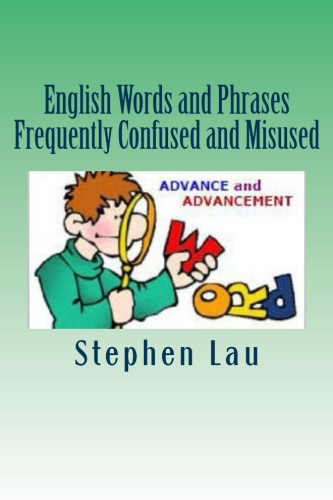
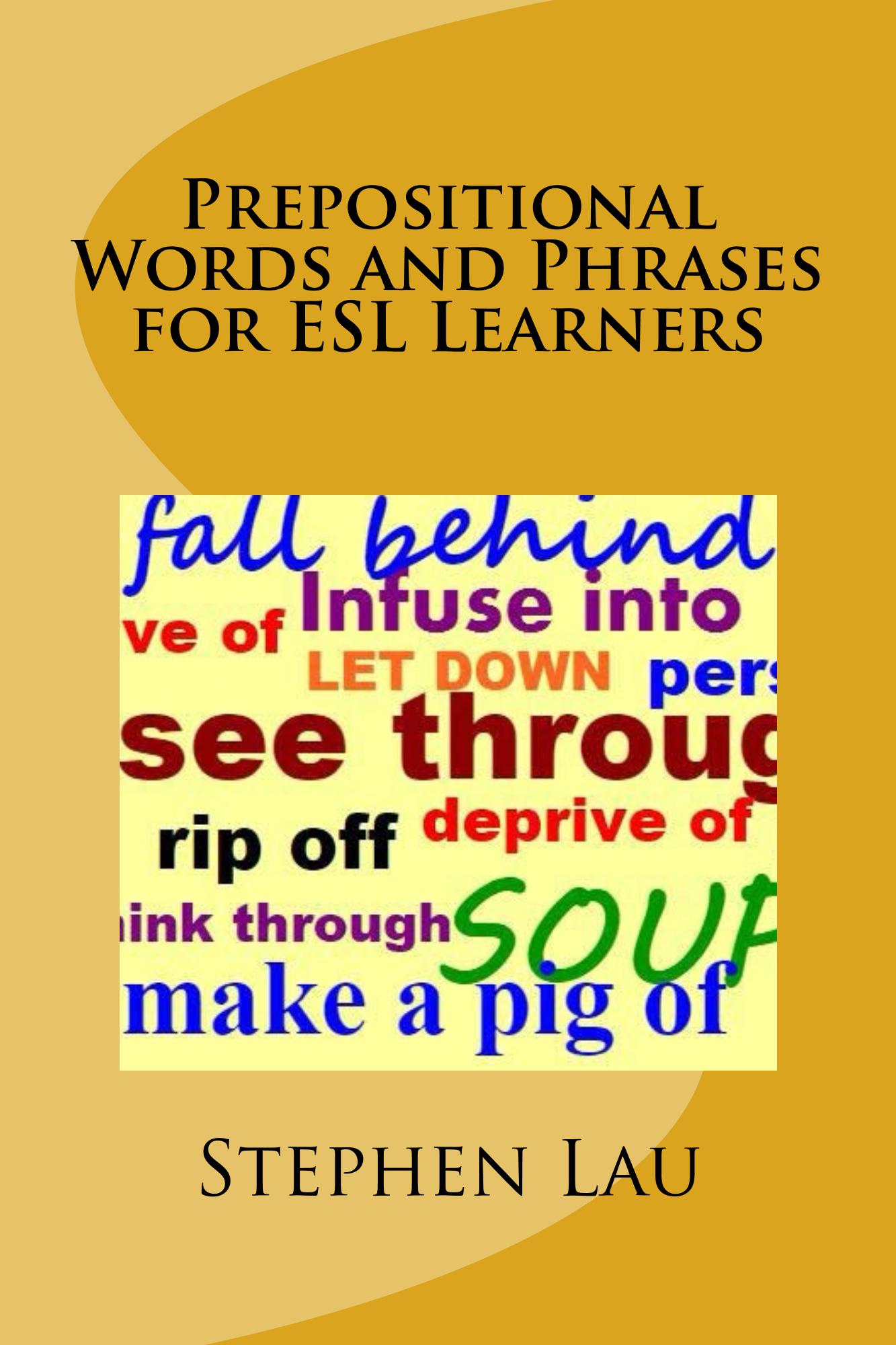
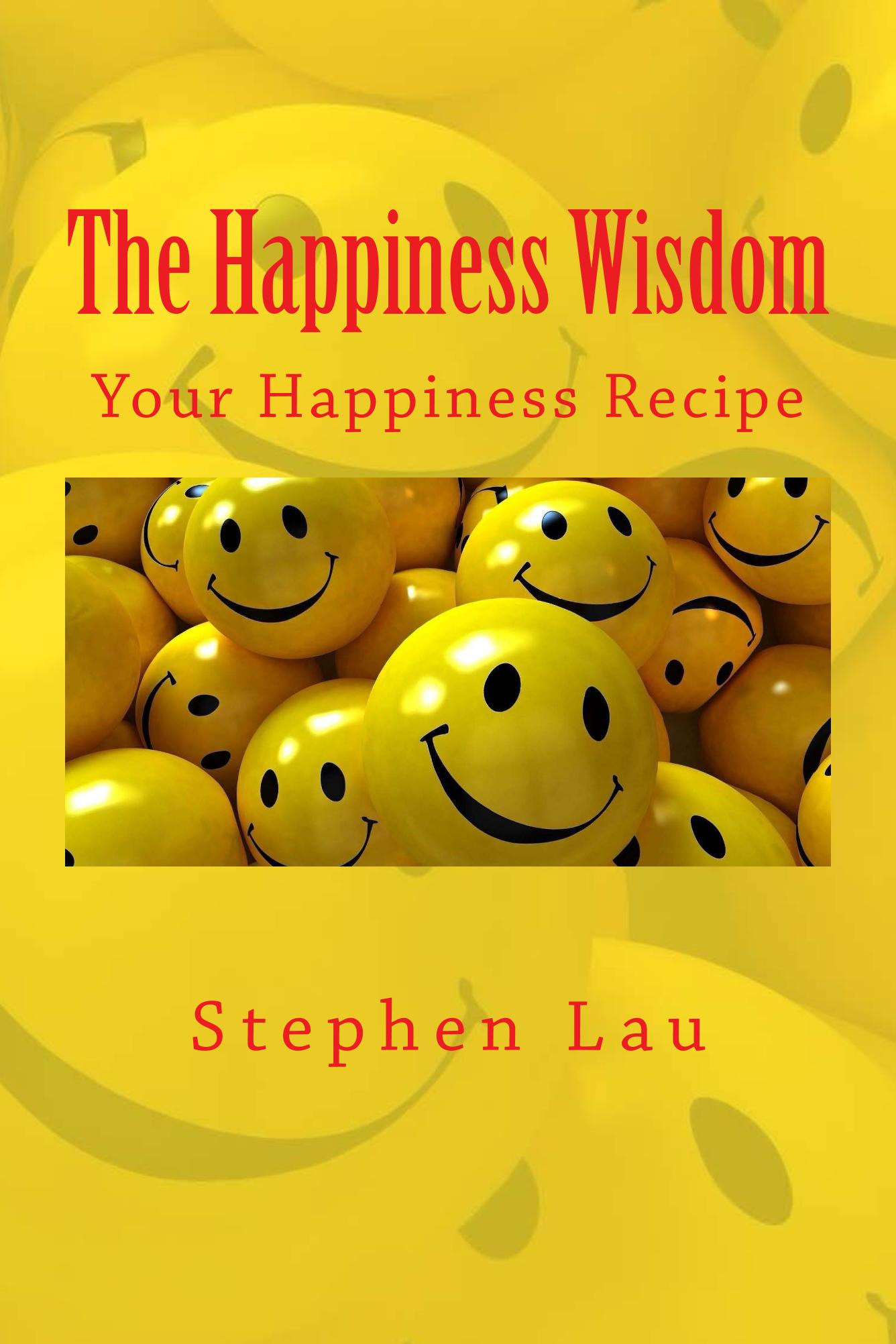
Many are unhappy not because of what they have experienced throughout their life journeys, but because they don't have the human wisdom to perceive and process what they've experienced.
Happiness is a state of mind, due to the the perceptions of the human mind. Change your perceptions to change your so-called realities. Empower your mind with human wisdom -- ancient wisdom from the East and the West, conventional wisdom, and spiritual wisdom -- to think differently to have totally different perspectives of what may have made you happy or unhappy.
Looking at real examples of real people from all over the world may enlighten you, and help you live as if everything is a miracle.
Click here to get more details to see if the book is right for you.
To get your digital copy, click here; to get your paperback copy, click here.
Happiness is a state of mind, due to the the perceptions of the human mind. Change your perceptions to change your so-called realities. Empower your mind with human wisdom -- ancient wisdom from the East and the West, conventional wisdom, and spiritual wisdom -- to think differently to have totally different perspectives of what may have made you happy or unhappy.
Looking at real examples of real people from all over the world may enlighten you, and help you live as if everything is a miracle.
Click here to get more details to see if the book is right for you.
To get your digital copy, click here; to get your paperback copy, click here.
